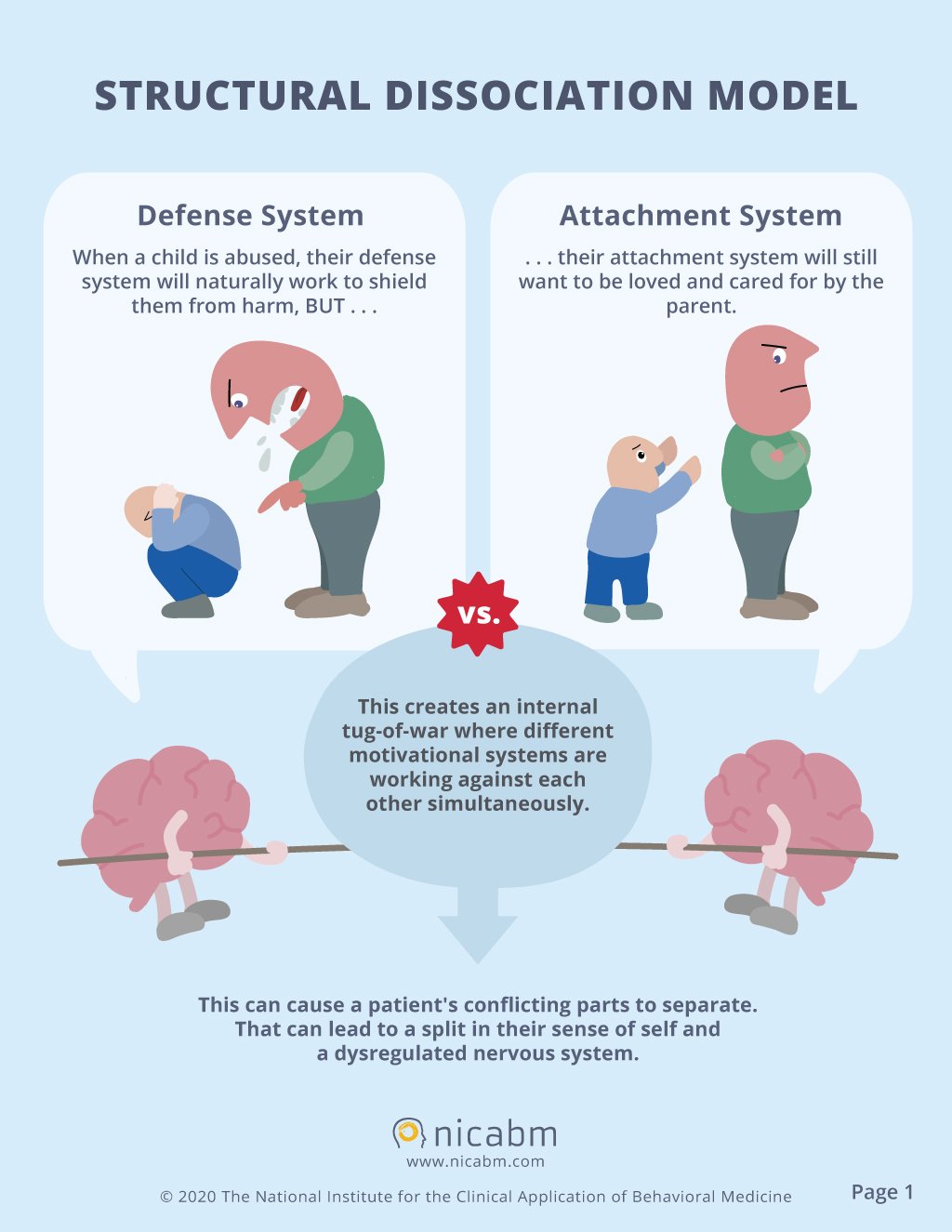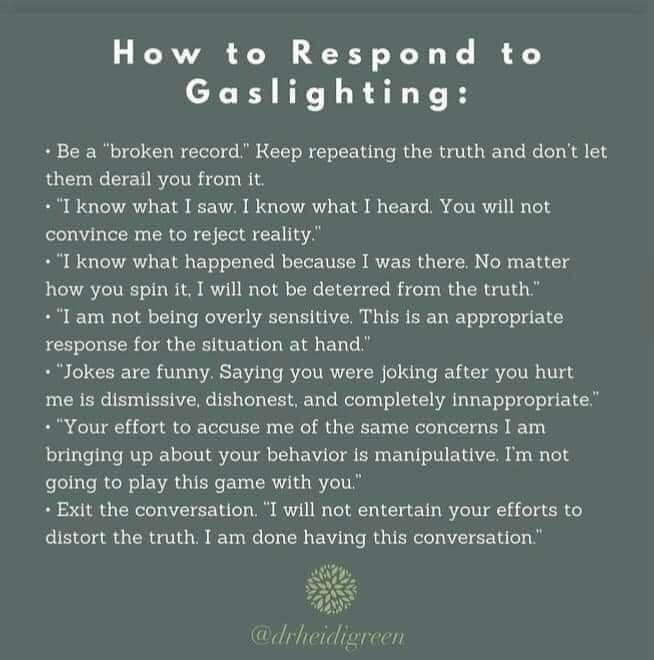
Somatic Parts-Work for Childhood Relational Traumas



What childhood experiences can result in Complex Childhood Developmental Trauma (CPTSD)?
CPTSD can arise from chronic childhood relational harm such as physical abuse, sexual abuse, emotional abuse, and exposure to domestic violence, chaos, or parental substance use.
CPTSD can arise from chronic unmet developmental needs for love, safety, understanding, empathy, validation, protection, stability, security, structure, & consistency
CPTSD can arise from parents or caregivers that were unsafe, inconsistent, neglectful, absent, volatile, narcissistic, critical, dismissive, disorganized, or severely anxious or depressed.
How does Childhood Development Trauma show up in adult relationships?
Disconnection from your needs, feelings, values, experiences, & sense of self
Merging into, adapting to, and caretaking the needs of others
Anxiously ruminating on or avoiding relationships to avoid loss
Difficulty managing boundaries, boundaries feel too rigid or too porous, or feel frightening
Pervasive sense of self-blame for existing, having needs, expressing needs, taking up space
Pervasive sense that relationships and the world are too scary, unsafe, or unpredictable to risk connection
Blaming, shaming, & invalidating your self or your partner, or denying what is true for you or others
Trauma reactions of fight, flight, freeze, feign, fawn, appease when childhood relational wounds are re-triggered
Childhood Trauma & Cultural Trauma
The experience of childhood developmental trauma at Intersections of BIPOC & 1-2 Gen Immigrant identity can be compounded by cultural & historical traumas of racism, colonization & oppression that are often experienced in childhood. This can involve any number of hidden traumas, such as:
Balancing adherence to homeland familial-cultural roles, norms, career paths, identities while managing pressures of acculturation into U.S.
Childhood exposure to micro-aggressions, macro-aggressions, othering, oppression, cultural appropriation, stereotype threat, exotification, negative mass media representations, exotification, isolation, racism, colonialism, classism
Childhood exposure to war, state or police violence, mass incarceration, genocide, cultural erasure, refugee experiences
Bicultural identity and feeling pervasively unseen, misunderstood, and not accepted by either culture, feeling in between cultures
Code-switching
Other aspects of early childhood attachment wounding
Conflict between childhood parts of us that have developed patterns aim to defend against trauma AND parts of us that strive to maintain the attachment connection with the primary caregivers that were the source of the childhood trauma
Conflict between parts of us that seek to preserve the attachment to our caregivers and parts of us deeply hurt by their abuse
Chronic anxiety, vigilance, stress, fear
Excessive pressures of code-switching, perfectionism, imposter syndrome
Fear of abandonment
Internalized negative ideas of self
Denying, second-guessing, doubting, & disconnecting from one’s own feelings, needs, values, and worth
Strong inner critic, excessive self-blame
Difficulty with self love, compassion, or acceptance,
Chronic low self-esteem, lack of self-efficacy, difficulty standing up for self
Over-control and over-management of oneself, others, & environment
Caregiving, self-sacrifice, codependency, enmeshment, isolation
Patterns of fight, flight, freeze, feign, & fawn
Isolation, disconnection, dislocation, alienation, emptiness
Generational and cultural relational conflicts, norms, & values
Somatic Parts-Work & Inner Child Reparenting
Somatic Parts-Work is a non-pathologizing approach that recognizes that we are not just one body-mind but we have many parts of ourselves with many embodied nervous system patterns with many different needs and roles to play, all of which valid. On a parts-work approach we aim to create dialogue and understanding between our different parts, build compassion for where each of our different needs come from, and release burdens that we unconsciously carry from the past. Therapy is an opportunity to explore your childhood and adult sense of self in ways there was not room for as a child. Within the context of a safe, supportive therapeutic relationship, you can learn make room for, contact, explore, express, & integrate your feelings, needs, values, & boundaries towards a more integrated sense of self. In addition, my therapeutic approach to childhood trauma emphasizes
I pay particular attention to impacts of socio-cultural, intergenerational, & systemic contexts of privilege, power, & oppression in developmental trauma
I place great value and importance on building a safe therapeutic relationship where you feel deeply understood, held, & supported
Pacing: the work proceeds at a pace that honors your nervous system so you stay resource
Inner child work and reparenting
Attachment oriented parts-work to contact, express, feel, hear different aspects of yourself that are overburdened, hidden, or fragmented as a result of CPTSD
Developing a felt-sense familiarity with the ways in which trauma lives in your body
Developing embodied resources to help you shift trauma patterns to feel peace, warmth, ease, and safety in bodily experience
Experiential parts-work to identify and dialogue with internal aspects of yourself
Understanding and honoring childhood trauma survival resources
Developing more flexible, adaptive, creative adult trauma management resources
Building skills to regulate & co-regulate your autonomic nervous system
Developing an embodied felt-sense experience of internal and relational safety and care
Understanding & working with attachment style within your social, cultural, historical context
Fun, creativity, spontaneity, & play can be healing ways of being in ones body.
Developmental & cultural trauma can rob us of this inner experience of ourselves.
I utilize creative forms of embodiment such as dance, mindful movement, storytelling, role-play, art, singing, improv games, drawing, & gestalt parts-work & dialogue to help you reconnect to your inner sense of embodied aliveness, vitality, creativity, and flow.
Managing boundaries, rigid boundaries, porous boundaries, finding your true yes and no
How Do I Start Therapy?
Read my Practice Policies page
Contact Me at 707 732 4525 or Nima@somatictherapynorthbay.com and schedule a 15 minute free consultation
After your initial consultation, if it seems like we’re a good fit I will email you a link to Simple Practice for electronically completed intake paperwork
If you are using insurance I will email you a link to Headway for insurance verification
Login to Simple Practice secure video portal and begin your first session or attend in person in Sebastopol